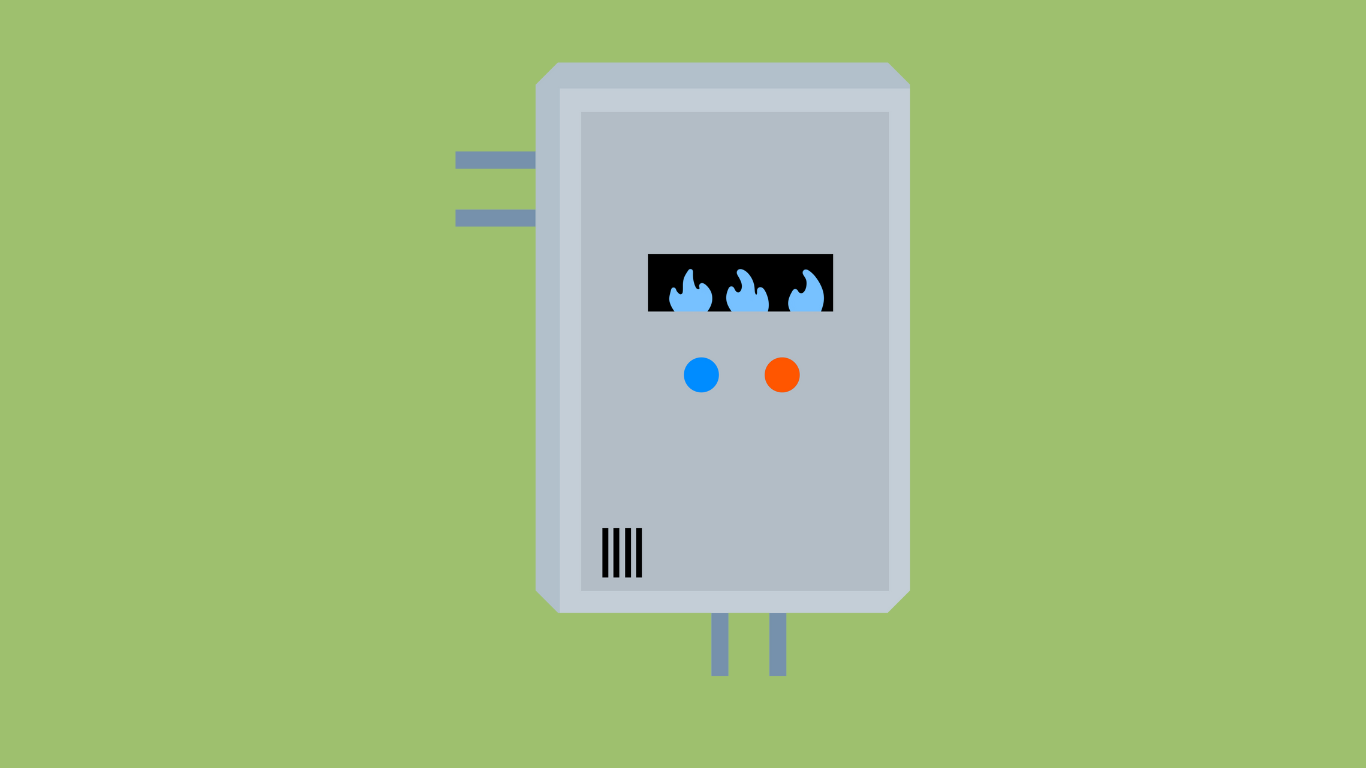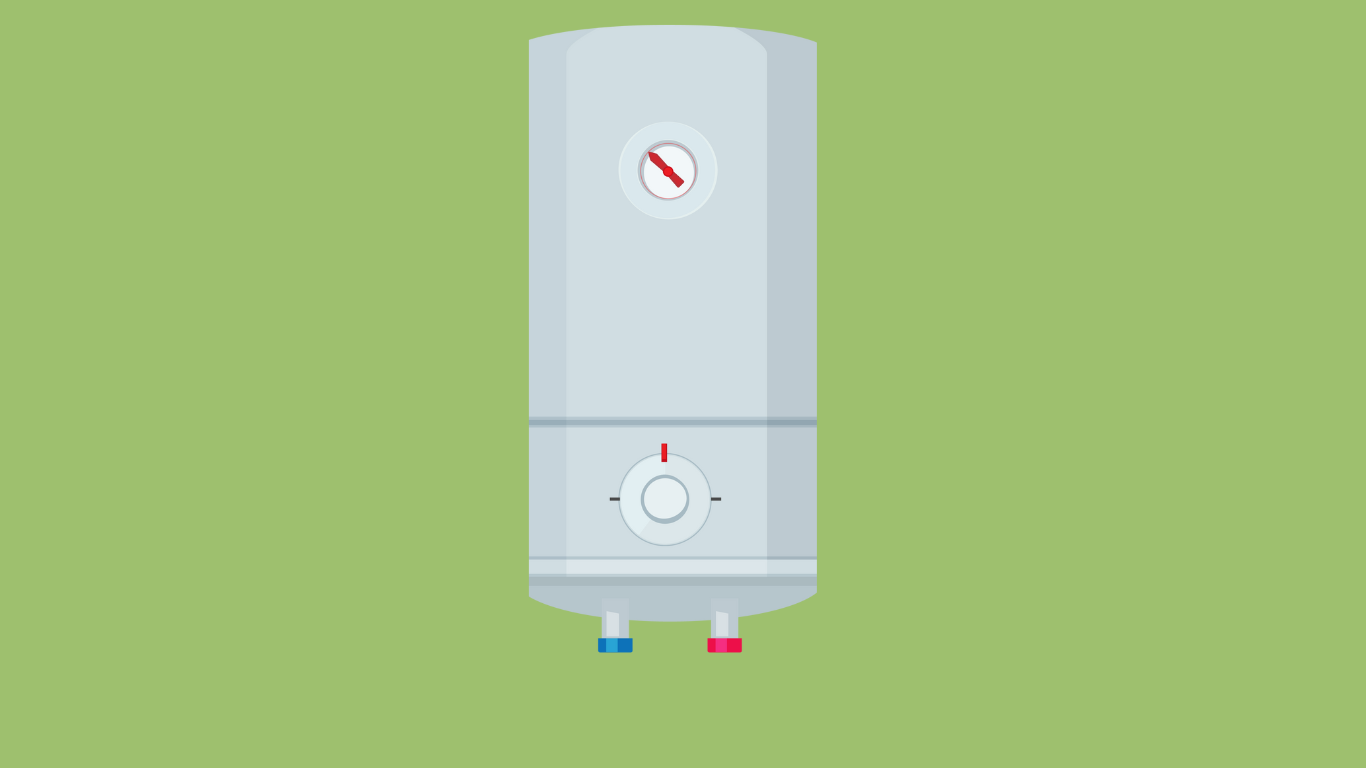Combi and a system boiler, the heavyweight contenders in the boiler industry! Choosing between them is akin to picking a side in a superhero movie, with each boasting distinct strengths and weaknesses. Get ready to witness this titanic showdown!
Which winner, then, merits a place in your kingdom of home heating? Let’s analyse their advantages and disadvantages like an experienced observer at an argument in a boiler room! It would be appropriate to first explain what these boilers are to you.
Combi Boilers: Efficiency and Space-Saving
A. What is a Combi Boiler?
Combi boilers, short for combination boilers, are compact units that provide both heating and hot water without the need for a separate water tank. Their efficiency and space-saving design make them a popular choice for many households.

B. Advantages of Combi Boiler
- Instant Hot Water: Combi boilers heat water on-demand, ensuring you have hot water whenever you need it.
- Space Efficiency: With no need for a separate water tank, combi boilers save valuable space, making them ideal for smaller homes or properties with limited installation space.
C. Considerations Before Opting for a Combi Boiler
While combi boilers offer numerous benefits, it’s essential to consider factors such as the size of your home and hot water demand before choosing this heating system.
System Boiler: Consistent Heating and Multiple Outlets
A. Understanding System Boiler
System boilers work by heating water and storing it in a hot water cylinder, ensuring consistent heating and the ability to supply hot water to multiple outlets simultaneously.

B. Advantages of System Boiler
- Consistent Heating: System boilers provide a steady supply of hot water, making them suitable for larger homes with multiple bathrooms.
- Suitable for Multiple Outlets: They can easily support several taps and showers simultaneously without compromising water pressure.
C. Factors to Weigh When Choosing a System Boiler
Consider the size of your home, hot water demand, and the complexity of installation when deciding if a system boiler is the right fit for your needs.
Choosing Between Combi and a System Boiler
While choosing between combi and a system boiler, consider the following factors in advance;
A. Home Size and Hot Water Demand
- Combi Boiler Suitability: Ideal for smaller homes with one bathroom and a moderate hot water demand.
- System Boiler Suitability: Suited for larger homes with multiple bathrooms and a higher hot water demand.
B. Installation Considerations
- Space Requirements: Combi boilers are space-efficient, whereas system boilers require space for a hot water cylinder.
- Pipework Complexity: Consider the complexity of pipework installation, as system boilers may require additional plumbing.
C. Cost Factors
- Initial Investment: Combi boilers typically have a lower upfront cost, while system boilers may require a higher initial investment.
- Long-Term Operational Costs: Consider the long-term energy efficiency and operational costs associated with each system.
Conclusion
In the debate between combi and a system boiler, understanding your home’s specific requirements is key. Consider factors such as home size, hot water demand, installation complexity, and cost implications. Armed with this knowledge, you can make an informed decision, ensuring optimal comfort and efficiency in your heating system.
FAQs
A. What advancements have been made in combi boiler technology recently?
Between combi and a system boiler, the former recent advancements include improved energy efficiency, smart technology integration, and enhanced controls for better user experience.
B. Are there eco-friendly options for system boilers in 2024?
Yes, modern system boilers often incorporate eco-friendly features, such as energy-efficient components and compatibility with renewable energy sources.
C. How do I determine the ideal size for my chosen boiler system?
Consider factors like the size of your home, the number of bathrooms, and your hot water usage patterns. Consulting with a heating professional can help determine the appropriate size for your needs.
